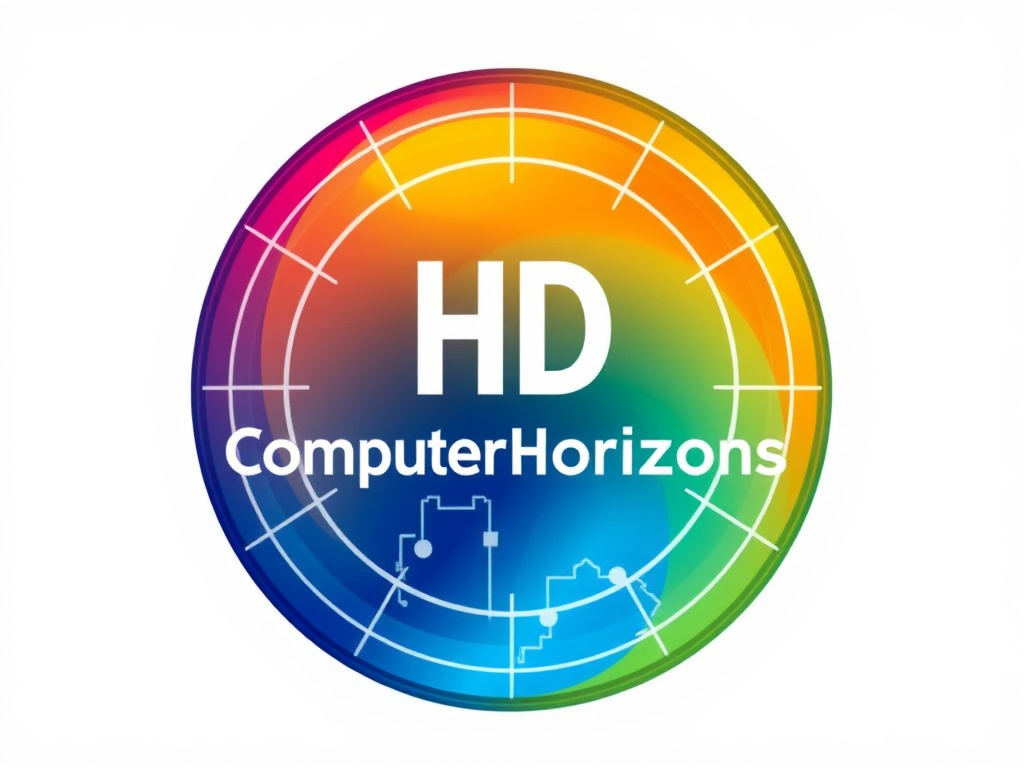Addressing the Need for Collaborative Computing in the UK High-Tech Sector
Collaborative computing in the UK high-tech industry involves the integration of digital tools and shared computing resources to support innovation and efficiency. It enables multiple organisations, often spanning academia, government, and industry, to work together seamlessly on complex technological challenges. This cooperation spans cloud computing, data sharing platforms, and joint software development, critical for rapid innovation.
The UK’s high-tech sector is a cornerstone of its economy, encompassing emergent fields like AI, biotechnology, and advanced manufacturing. Its significance is underscored by global competition and the pressure to maintain technological leadership. However, innovation strategies here face several challenges: siloed data and resources, inconsistent funding mechanisms, and difficulties in aligning diverse stakeholder priorities.
This might interest you : How Does High-Tech Innovation Drive the Future of UK Computing?
Collaborative computing directly addresses these obstacles by fostering interoperability and shared access to expertise and resources. By enabling a unified digital environment, it improves communication and accelerates the translation of research into market-ready solutions. The pressing need for integrated digital collaboration is clear—without it, the UK risks lagging in innovation impact and productivity within its high-tech sector.
Addressing the Need for Collaborative Computing in the UK High-Tech Sector
Collaborative computing in the UK high-tech industry refers to the use of shared digital platforms and resources that enable multiple organisations to jointly innovate and solve complex problems. This approach extends beyond simple data sharing, encompassing cloud infrastructures, real-time collaboration tools, and integrated software solutions tailored to support the sector’s multifaceted innovation strategies.
Have you seen this : Simplify your legal experience with ai support from linda
The scope of collaborative computing involves connecting diverse stakeholders—including startups, academic researchers, and government bodies—to create a seamless ecosystem where ideas and expertise flow freely. This is essential in a high-tech environment where breakthroughs often require combining knowledge from distinct disciplines, such as AI and biotechnology.
Despite the UK high-tech sector’s global significance, it faces key challenges: fragmentation of data sources impedes cooperation; innovation strategies can falter due to misaligned objectives among collaborators; and inadequate funding models fail to support sustained joint computing efforts. Collaborative computing addresses these by fostering interoperability and reducing silos. It enables organisations to leverage pooled resources efficiently, thereby aligning innovation strategies and accelerating development cycles critical to maintaining the UK’s competitive edge.
Addressing the Need for Collaborative Computing in the UK High-Tech Sector
Collaborative computing in the UK high-tech industry plays a crucial role in advancing innovation strategies by integrating diverse digital resources and expertise across organisations. Its definition extends beyond mere data sharing to include cloud-based infrastructures, real-time communication platforms, and integrated software ecosystems that support complex research and development workflows.
The UK high-tech sector is characterised by rapid technological evolution in areas like AI, biotechnology, and advanced manufacturing. However, despite its significance, the sector faces notable hurdles such as fragmented data systems and limited interoperability between stakeholders. These challenges hinder efficient collaboration, causing delays in innovation processes and reducing overall productivity.
Addressing these issues requires collaborative computing to ensure that resources are pooled and accessed seamlessly. By doing so, it enables multiple organisations—from startups to established firms and academic institutions—to synchronise their innovation strategies effectively. This coordinated approach helps mitigate funding inconsistencies and stakeholder misalignment, fostering a more dynamic, agile, and competitive high-tech environment within the UK.
Addressing the Need for Collaborative Computing in the UK High-Tech Sector
Collaborative computing, within the UK high-tech industry, involves more than shared access to digital tools; it embodies an integrated framework bringing together cloud infrastructures, data platforms, and communication systems that enable organisations to co-innovate effectively. Its scope spans real-time data exchange and joint problem-solving, critical for complex, interdisciplinary challenges faced in fields like AI and biotechnology.
The current state of the UK high-tech sector reflects significant achievements but faces persistent hurdles. Fragmented data repositories and incompatible systems reduce efficiency and hinder holistic innovation strategies. Organisations often operate in silos, leading to duplicated efforts and resource wastage. Moreover, alignment difficulties between diverse stakeholders—ranging from startups to research institutions—complicate coordinated progress.
Addressing these challenges demands adopting collaborative computing solutions that promote interoperability and resource pooling. This approach helps unify innovation strategies by allowing seamless data integration and streamlined workflows. Through collaboration-enabled platforms, the UK high-tech industry can bridge gaps in funding distribution and stakeholder objectives, ultimately fostering an environment primed for accelerated innovation and sustained competitive advantage.
Addressing the Need for Collaborative Computing in the UK High-Tech Sector
Collaborative computing in the UK high-tech industry entails the use of shared digital infrastructures and platforms that bring together diverse organisations to accelerate innovation strategies. This approach goes beyond individual capabilities, integrating cloud systems, data interoperability tools, and real-time communication frameworks, all tailored to meet the complex demands of cutting-edge technology sectors like AI and biotechnology.
The current landscape of the UK high-tech sector is marked by rapid advancements but also by critical challenges. Fragmented data environments, incompatible systems, and siloed expertise significantly hamper progress. These challenges create bottlenecks in innovation pipelines, limiting the sector’s ability to respond swiftly to emerging technological opportunities. Moreover, differing priorities among stakeholders—from startups to academic institutions—further complicate the alignment necessary for cohesive innovation strategies.
Collaborative computing offers practical solutions to these issues by fostering an ecosystem where data and resources can be shared seamlessly. Enhanced interoperability reduces duplication and promotes synergy. By enabling coordinated efforts and optimising resource use, collaborative computing strengthens the UK’s capacity to maintain its global technological edge and improves the efficiency of innovation within the high-tech industry.

